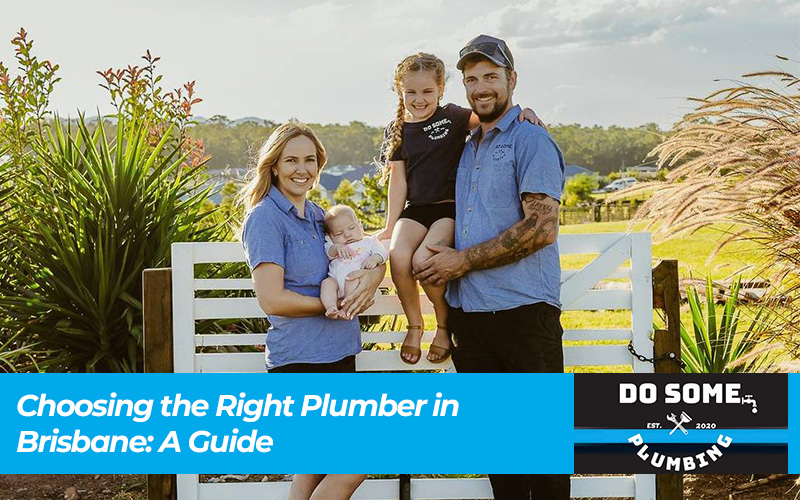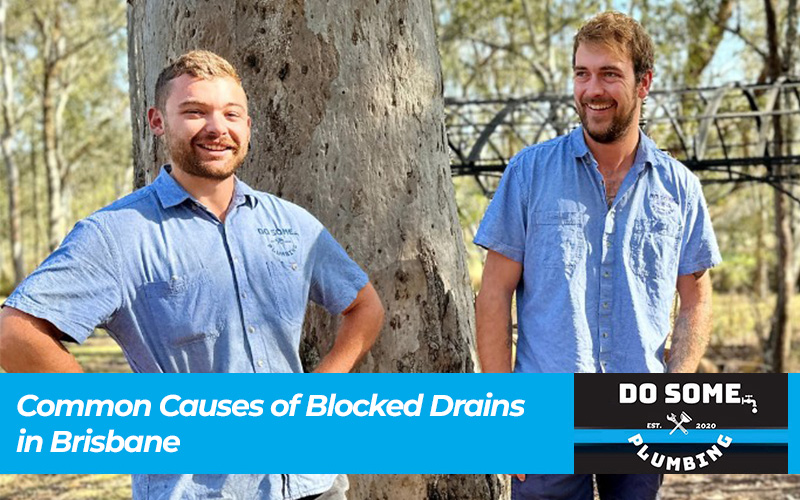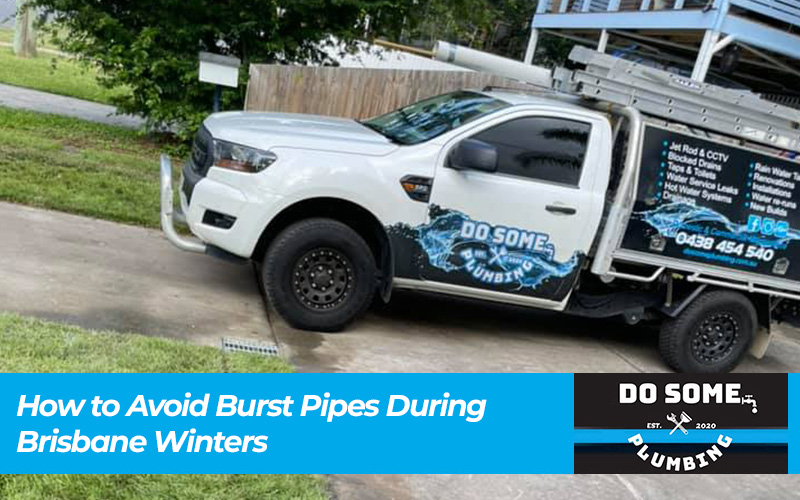
The Best Plumbing Solutions for Brisbane Homes with Hard Water
Hard water is a common issue in Brisbane that can lead to various plumbing problems, such as scale buildup, reduced appliance efficiency, and water quality concerns. To effectively manage hard water in your home, consider implementing the following plumbing solutions.
Install a Water Softener
A water softener is one of the most effective solutions for treating hard water. It works by removing calcium and magnesium ions from the water, which are responsible for hardness. Water softeners typically use a resin bed to exchange these minerals with sodium or potassium ions. Installing a water softener can reduce scale buildup in pipes and appliances, improve soap and detergent effectiveness, and enhance overall water quality.
Use a Water Filtration System
In addition to a water softener, a water filtration system can further improve the quality of your water by removing additional contaminants. Filters can address issues such as chlorine, sediment, and microorganisms, which may be present in hard water. Depending on your needs, you can choose from various types of filters, including activated carbon filters, reverse osmosis systems, or UV filters, to provide comprehensive water treatment.
Regularly Clean and Maintain Plumbing Fixtures
Hard water can cause mineral deposits and scale buildup on plumbing fixtures, reducing their efficiency and lifespan. Regularly clean and descale fixtures such as faucets, showerheads, and aerators to prevent buildup. Use a mixture of vinegar and water or specialized descaling products to remove deposits. Routine maintenance helps ensure that your fixtures continue to function properly and reduces the risk of clogs and reduced water flow.
Install a Water Conditioner
Water conditioners are alternative solutions to traditional water softeners. They use various technologies, such as magnetic or catalytic processes, to alter the properties of hard water without removing minerals. While not as effective as water softeners in terms of scale reduction, water conditioners can still help improve water quality and reduce the effects of hard water on your plumbing system and appliances.
Upgrade to Scale-Resistant Appliances
Consider investing in appliances that are designed to handle hard water more effectively. Some modern appliances, such as dishwashers and water heaters, come with scale-resistant features or coatings that minimize the impact of hard water. Upgrading to these appliances can help improve their performance and extend their lifespan, reducing the need for frequent repairs or replacements.
Perform Regular Plumbing Inspections
Regular inspections of your plumbing system can help identify and address hard water issues before they become major problems. A professional plumber can assess the condition of your pipes, fixtures, and appliances, and recommend appropriate solutions for managing hard water. Scheduling routine inspections ensures that your plumbing system remains in good condition and functions efficiently.
Consider Water Quality Testing
Water quality testing can provide valuable information about the hardness and composition of your water. Testing allows you to determine the specific levels of calcium and magnesium in your water and tailor your treatment solutions accordingly. Many local plumbing professionals offer water testing services and can provide recommendations based on the results.
Conclusion
Managing hard water in your Brisbane home involves implementing effective plumbing solutions such as installing a water softener, using a filtration system, and performing regular maintenance. By addressing hard water issues proactively, you can improve water quality, reduce scale buildup, and enhance the performance and longevity of your plumbing system and appliances. For personalized recommendations and professional assistance, consult with a local plumber experienced in handling hard water issues.










